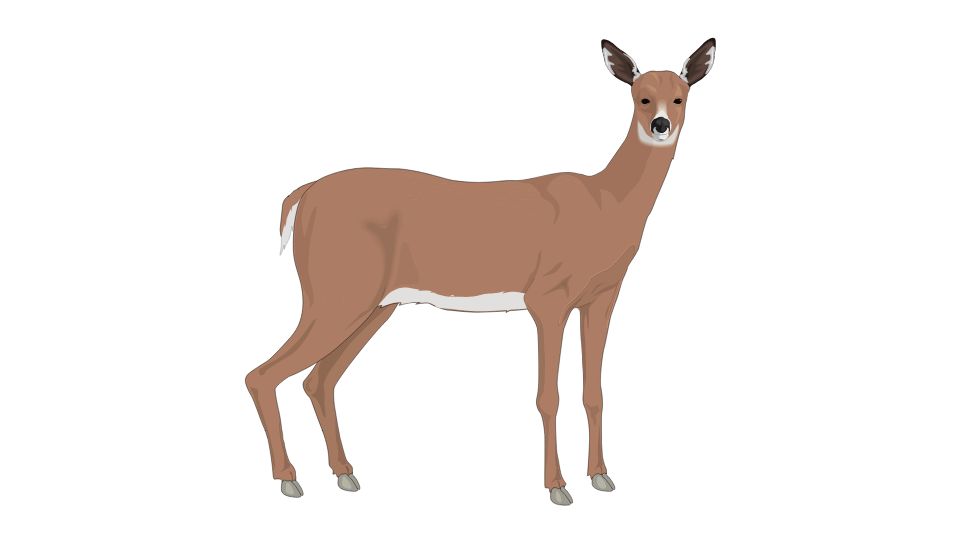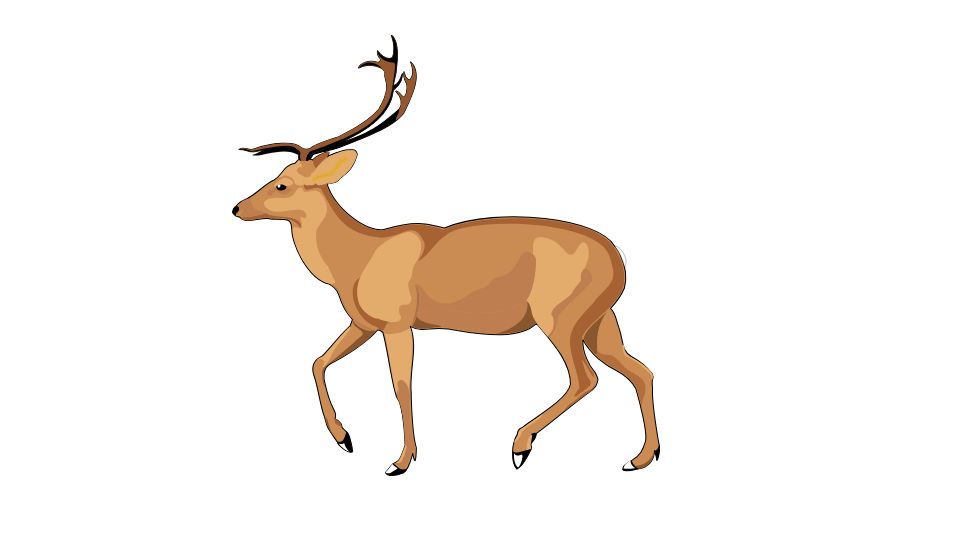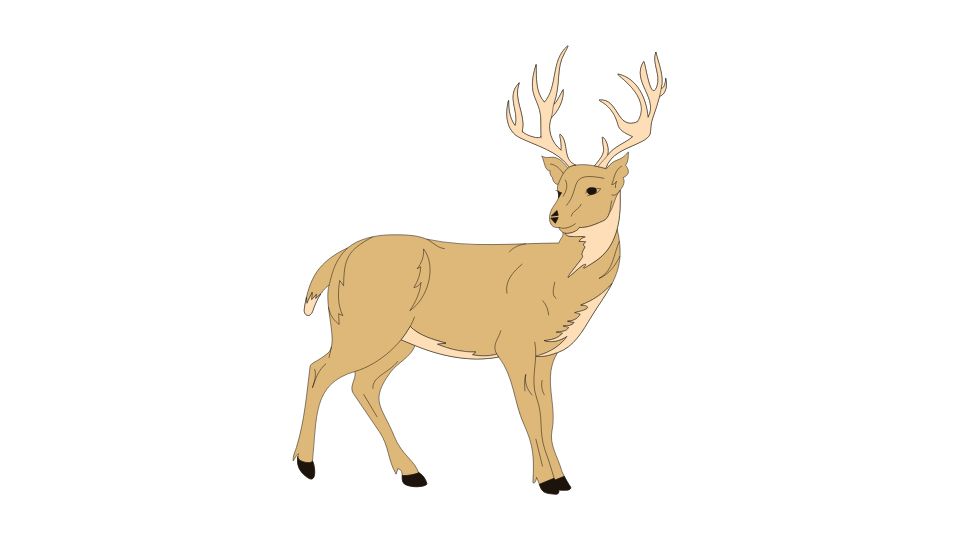The protein powerhouse you never knew you needed
A pound of venison packs a whopping 98 to 104 grams of protein, making it one of the most protein-dense meats out there. If you’re looking to build muscle, manage weight, or just eat healthier, deer meat deserves a spot on your plate.
According to University of Rochester Medical Center data, that pound (454g) of raw venison delivers about 104 grams of complete protein. When cooked, ground venison still maintains an impressive 98-99 grams per pound.
But it’s not just about the protein. Venison is ridiculously lean compared to the beef and pork most of us eat regularly:
- Protein: ~98-104 grams per pound
- Calories: Only 540-710 calories per pound (depending on the cut)
- Fat: Just 11 grams in a pound of raw venison (beef is crying right now)
- Carbs: Zero. Zilch. Nada.
That makes venison a serious contender for anyone wanting more protein without the extra baggage. Even a modest 3-ounce serving gives you 22-23 grams of protein with way fewer calories than similar beef portions.

Why Venison Protein Is Different (Better)
Venison isn’t just any protein – it’s complete protein containing all essential amino acids your body needs but can’t make on its own. These amino acids are the building blocks for:
- Muscle repair and growth
- Immune system function
- Enzyme production
- Hormone regulation
The lean profile of venison makes it especially valuable for athletes, fitness enthusiasts, and health-conscious eaters who want to maximize protein without excess fat.
Venison’s Nutritional Superpowers

Beyond its impressive protein content, deer meat is practically a multivitamin in meat form:
| Nutrient | Amount per Pound |
|---|---|
| Iron | 15 mg (more than beef!) |
| Potassium | 1400 mg |
| Phosphorus | 900 mg |
| Zinc | 9.5 mg |
| Vitamin B12 | 28 mcg (insanely high) |
| Niacin (B3) | 29 mg |
These nutrients support everything from energy production to red blood cell formation, making venison a true nutritional powerhouse.
How Venison Compares to Other Meats
| Meat Type | Protein per 3 oz | Calories | Fat |
|---|---|---|---|
| Venison | 22-23g | 134-159 | 6-7g |
| Ground Beef (90% lean) | 21-22g | 139-173 | 5-9g |
| Pork | Less | More | 18g+ |
Venison consistently delivers more protein per calorie than most other meats. It’s basically the superhero of the meat world.
Cooking Venison Without Ruining It

The biggest challenge with venison? Because it’s so lean, it can dry out faster than your conversations with boring relatives.
Some tips to keep it delicious:
- Cook ground venison to 160°F for safety
- Use moist cooking methods like braising or slow cooking
- Marinating helps with tenderness and flavor
- Consider mixing with a bit of fat (like bacon) for burgers
Proper field dressing and processing also helps avoid any “gamey” flavors that turn people off.
Making Venison Part of Your Diet

If you’re tracking macros and trying to hit protein goals, venison is your secret weapon. A quarter-pound serving gives you about 25 grams of protein with minimal fat – perfect for building muscle without the bulk.
For those who hunt or have access to deer meat, it’s also an incredibly sustainable protein source. Wild deer eat natural diets, roam freely, and require no antibiotics or hormones. Talk about clean eating!
Venison works beautifully in stews, chilis, as burger meat, or in place of beef in almost any recipe. Just remember it’s leaner, so it cooks faster.
Where to Find Venison

If you don’t hunt, you’re not out of luck. Check out:
- Specialty butchers and meat markets
- Farmers markets in rural areas
- Online meat delivery services
- Friends who hunt (they often have more than they can use)
Proper storage and freezing techniques can keep your venison fresh for up to a year.
In summary, a pound of venison delivers around 100 grams of high-quality protein with significantly less fat than traditional red meats.
Whether you’re building muscle, managing weight, or just trying to eat healthier, venison deserves serious consideration.
And remember, tracking your protein intake is much easier when you have the right tools – just like tracking how many steps you take is easier with a fitness watch than a manual counter. Your nutrition deserves the same level of precision!




Leave a Reply